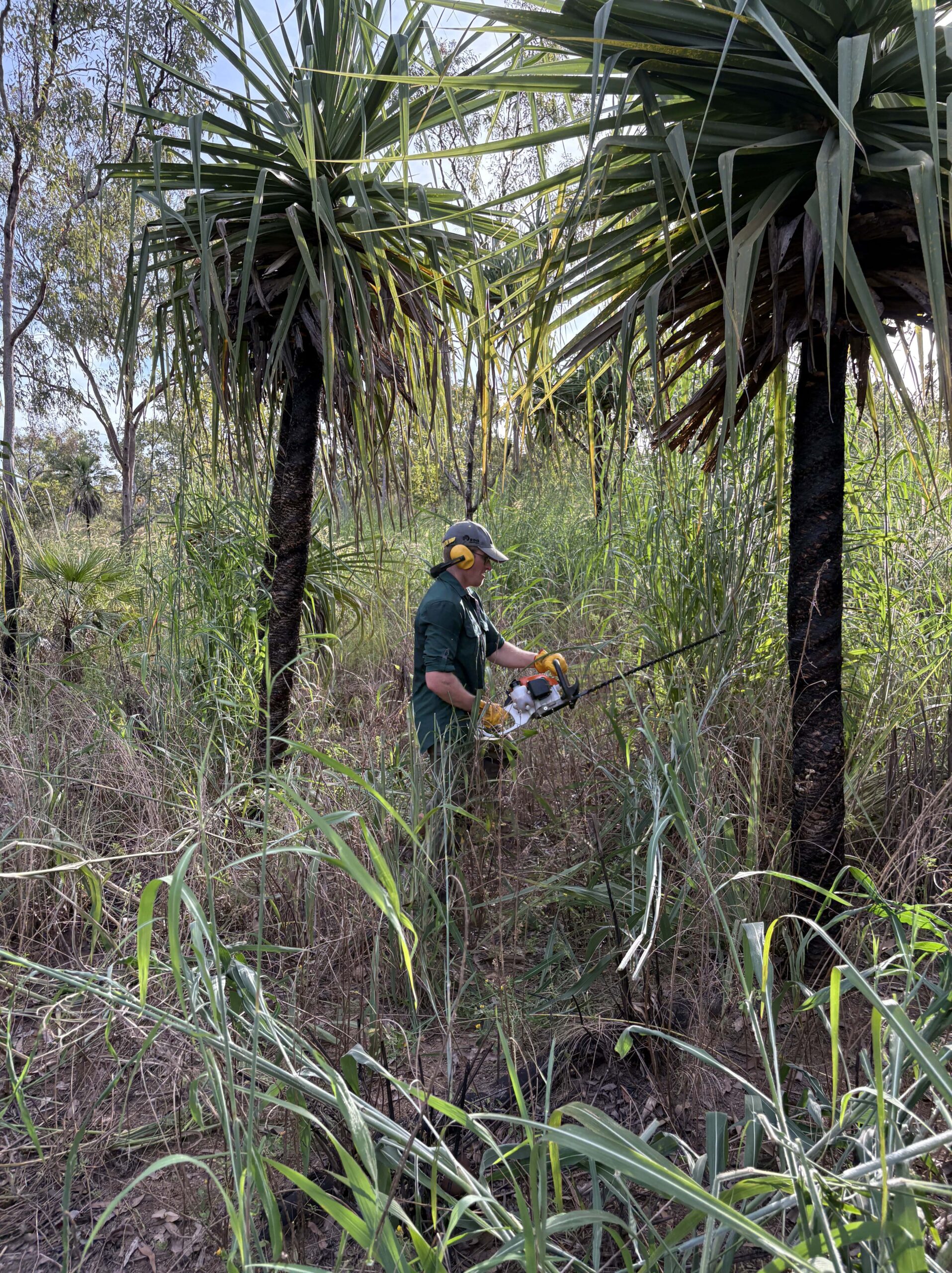On 3rd October 2024, our CEO and Founder Pavan Sukhdev had the honour and privilege of chairing a panel discussion at the The Royal Society on the topic of Financial Risk. The Royal Society is a Fellowship of many of the world’s most eminent scientists and is the oldest scientific academy in continuous existence.
Held as part a broader two day event titled “How does ecological risk relate to commercial risk?” and chaired by Professor Sir Partha Dasgupta, the panel produced some startling insights on the importance of taking nature into account as part of wider financial decision-making processes.
Key takeaways:
- Nature-related risk is systemic and fundamental: “the most important thing… is that this makes it into our traditional way of thinking about risk. Not only having a sustainability office, but really having it ingrained into the core operations of a financial institution.” Marc Reinke (Head of the Sustainable Finance Office, DNB)
- Financial institutions are exposed to large amounts of unseen risks: “we did a piece of work with HSBC, understanding the impact of a very realistic scenario of water stress on their portfolio of 50 South East Asian heavy industry corporates. We saw that the majority of that portfolio went from investment grade to non-investment grade as a result of that scenario.” Dr Nina Seega (Director, Cambridge Institute for Sustainability Leadership (CISL))
- Improved data sharing and education is critical to keep insurance viable: “For me, the biggest thing is education of government and policy holders. As insurers, we hold a lot of data… and we want to share that data to make an impact. Otherwise, this is just going to get worse… the devastation is real.” Waseem Malik (Chief Claims Officer, Aviva)
Watch the full discussion below:






